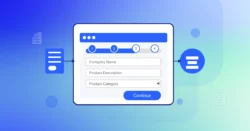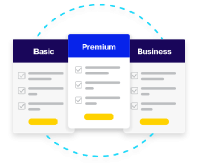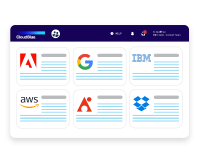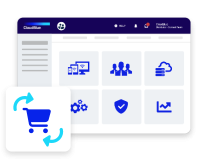Transportation as a Service (TaaS) refers to the concept of using on-demand transportation services, such as ride-sharing, car-sharing, and public transit, to provide seamless and convenient mobility options to customers. TaaS is designed to provide a more flexible and cost-effective alternative to traditional car ownership, and to reduce congestion and emissions in urban areas.
TaaS is closely related to Software as a Service (SaaS), as many of the technologies and platforms that enable TaaS are based on cloud-based software and services. For example, ride-sharing companies such as Uber and Lyft use cloud-based platforms to match riders with drivers, process payments, and track vehicles in real-time.
Car-sharing companies such as Zipcar and Turo use cloud-based platforms to manage reservations, payments, and vehicle locations, allowing customers to easily find and rent vehicles on-demand. Public transit agencies also use cloud-based software and services to manage schedules, routes, and fare collection, and to provide real-time information to riders.
TaaS providers use data analytics and machine learning algorithms to optimize their services and improve the customer experience. For example, ride-sharing companies use data analytics to identify high-demand areas and times, and to adjust pricing and incentives to encourage drivers to operate in those areas.













